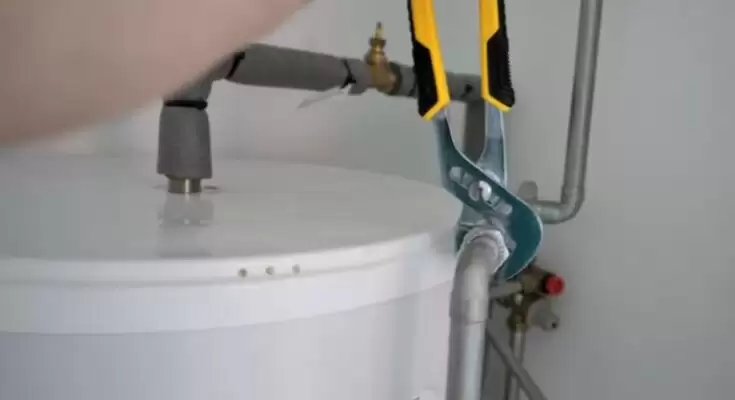Installing and maintaining commercial plumbing can be overwhelming. From leaky pipes to faulty systems, it seems like there is always something your business needs to fix or upgrade. With all that responsibility, you may feel like you are taking on more than you can handle. But with a reliable checklist for commercial plumbing maintenance, you can efficiently get your system up-to-date so that your business continues to run smoothly—without having to take time away from important tasks. This blog post will provide a comprehensive checklist so that routine commercial plumbing maintenance becomes easier and less daunting!
Know the Basics of Commercial Plumbing Installation
Commercial plumbing installationis a comprehensive task that requires knowledge and expertise. It’s vital to know the basics of its installation to ensure that you get the best service at all times. As a key stakeholder in the commercial building, safety and convenience of tenants is paramount. A well-designed plumbing system guarantees the comfort and satisfaction of customers. The installation varies depending on the commercial structure’s design, but understanding the basics such as piping, drainage, and fixtures positioning is essential. By enlisting the services of a reputable plumbing contractor, you can be assured of the correct installation of all plumbing systems. With careful planning, professional installation, and regular maintenance, the plumbing system can improve the building’s lifespan and maximization of profit for business owners.
Schedule Regular Inspections and Maintenance
As a responsible property owner, it is important to schedule regular inspections and maintenance to ensure the safety and longevity of your property’s plumbing. These routine checks can detect any potential issues before they turn into costly repairs or even worse, safety hazards. By taking a preventative approach, you can save yourself time, money, and stress in the long run. Not only does regular maintenance keep your property running smoothly, but it also ensures the comfort and safety of those who occupy it. Don’t wait until something breaks or malfunctions, stay proactive and schedule those necessary inspections and maintenance appointments!
Don’t Forget to Have Your Drains Cleaned Out
It is important to remember to have your drains cleaned out on a regular basis. Over time, debris and other materials can build up in the drain causing clogs and potentially dangerous situations. Neglecting to have your drains cleaned can lead to unpleasant odors, slow draining water, and even indoor flooding. It is important to schedule routine drain cleaning appointments with a professional to avoid any future complications. Taking proactive measures to maintain your plumbing system will not only save you time and money in the long run, but it will also give you peace of mind knowing that your building is safe from any potential plumbing disasters.
Make Sure You Have Spare Parts on Hand
As a commercial building owner, it is crucial to ensure the smooth functioning of your property at all times. In emergencies, plumbing is undoubtedly one of the most significant concerns, as it can lead to extensive damage and inconvenience for your tenants. Therefore, it is essential to be prepared by having spare parts on hand. While investing in extra plumbing parts and having them readily available may seem like an unnecessary expense, it can prove invaluable in crisis situations. This will help you avoid expensive emergency repairs, as well as ensure that your tenants can continue to operate their businesses without any disruptions. Overall, it’s worth the investment to have spare parts readily available as a proactive measure to address future plumbing emergencies.
Having a plan for commercial plumbing maintenance and installation is essential for successful and efficient operations. Every business should perform regular inspections of their system to catch any potential issues before they become more severe and expensive problems to repair. Regular drain cleanings will help reduce the chance of clogging or backups, while also improving efficiency and operation. In conclusion, by following these steps, you can ensure that your building’s commercial plumbing system will continue to run smoothly and reliably without creating unnecessary hassle or cost.
